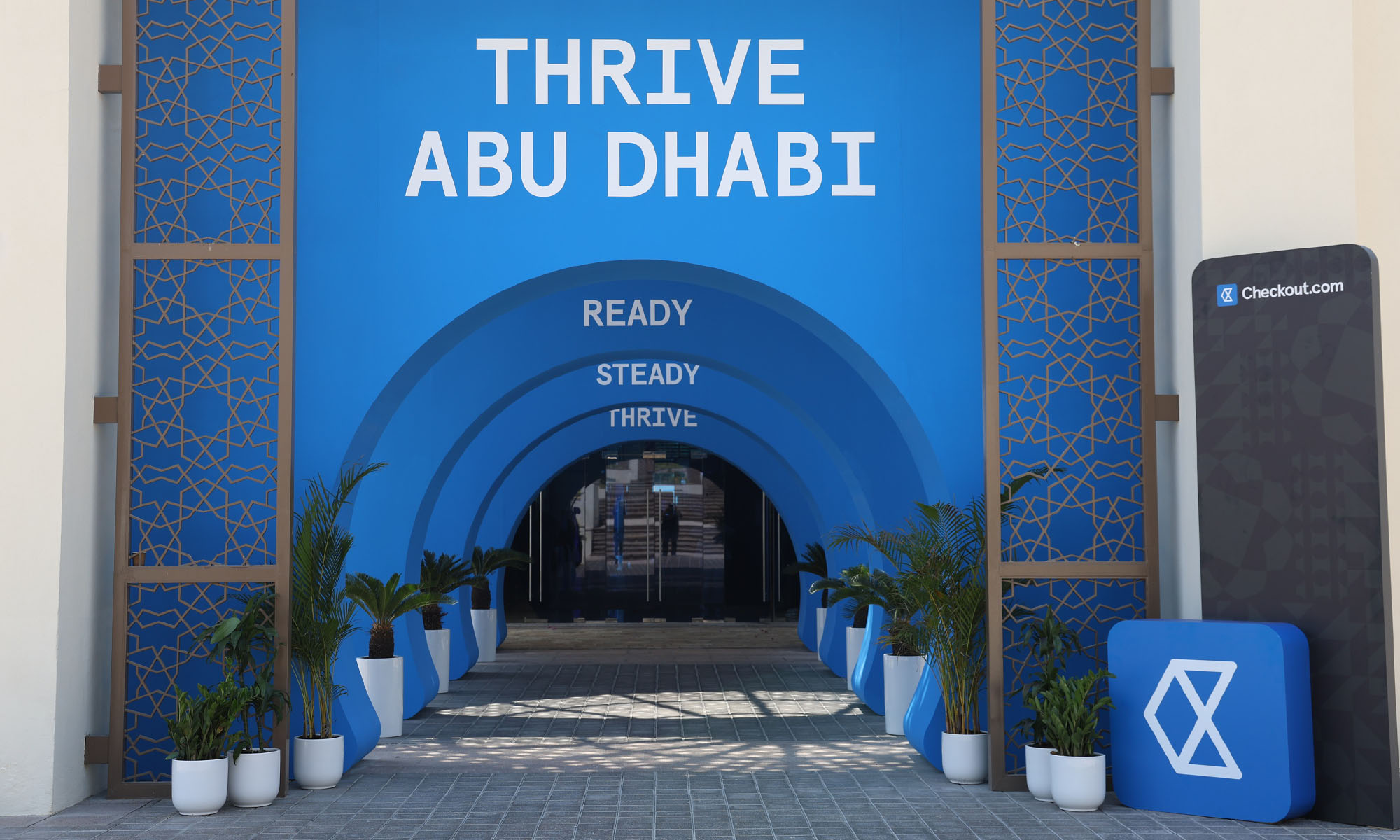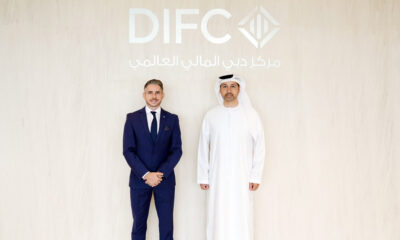News
Dubai Roads & Transport Authority Introduces Smart Solutions
A range of innovative digital services now aid mobility and improve efficiency.

Dubai’s Roads and Transport Authority (RTA) has introduced a range of smart technology solutions to automate services and make life easier and more convenient for citizens as the Emirate continues its digital transformation plan leading up to 2025.
Here are some of the services that have been improved using cutting-edge tech:
Smart Kiosks
Citizens can now renew vehicle registrations, pay parking fines, and recharge their nol cards 24/7 at 32 separate smart kiosks featuring biometric login. In total, 28 digital services are available, with payment options including cash, credit cards, and NFC digital wallets.
Taxi App
As well as an hourly rental service, residents and tourists can book taxis and limos 24 hours a day. The new Dubai Taxi Corporation app also features a “Lost and Found” section, along with location sharing, route details, and estimated arrival times.
nol Pay App
An updated version of the nol Pay app can now be used for transport fares, parking, tourist attractions, and even shopping. Instant balance top-ups are available, along with integration of digital IDs for simplified registration.
Driving Licenses
A “Click and Drive” initiative for obtaining driving licenses has digitized the entire admin process, reducing wait times by 75%. The new service even includes a mobile eye-testing facility.
Free Parking Permits
Parking permits are now available digitally and don’t need to be printed or displayed. The service allows users to add up to 5 vehicles, with each activated at a time through the RTA Dubai app.
Unified Booking
The RTA plans to streamline transport bookings and tickets over the next couple of years, unifying regulations across all providers, which currently includes the likes of Careem, Udrive, Uber, ekar, and Hala.
News
Checkout.com Set To Launch Card Issuing In The UAE
The payment service provider’s expansion is a first-of-its-kind investment and could reshape digital transactions across the region.

Checkout.com is laying the groundwork to become the first global payments platform to introduce card issuing in the United Arab Emirates — a move that could reshape how businesses in the region manage financial transactions.
The company plans to roll out its domestic card issuance offering in the UAE by 2026, subject to regulatory approval. The launch would give businesses the tools to issue both physical and virtual branded cards. This, in turn, opens up new ways to reward customers, streamline expense processes, and handle B2B payouts efficiently.
Checkout.com’s CEO and Founder, Guillaume Pousaz, revealed the plans during Thrive Abu Dhabi, the firm’s debut conference in the Emirates. Joined on stage by Remo Giovanni Abbondandolo, General Manager for MENA, Pousaz presented to an audience of over 150 partners and merchants at Saadiyat Island. Also in attendance was H.E. Omar Sultan Al Olama, the UAE’s Minister of State for Artificial Intelligence, Digital Economy, and Remote Work Applications.

Abbondandolo highlighted the strategic importance of the announcement: “As a global business, we focus on bringing products to markets that our customers want and need. Today’s announcement is proof of our commitment to the MENA region and its rising influence in the digital economy. The appetite for innovation here is real, and we’re proud to be building the infrastructure that powers it”.
One early adopter of Checkout.com’s UAE acquiring services is Headout, a travel experiences marketplace, which recently named the payment provider as its main partner in Europe. The company has already begun card issuing there and is keen to expand that offering into MENA once approval is granted.
The expansion of services in the UAE and beyond builds on Checkout.com’s track record in the region. It was the first global payments firm to secure a Retail Payment Services license from the UAE’s Central Bank and was instrumental in rolling out Mada and Apple Pay in both the UAE and Saudi Arabia.
Also Read: Protecting Your WhatsApp Account From Hackers: Kaspersky Expert Tips
The firm has also been rolling out new products: One of the latest is Flow Remember Me, currently in beta testing. It allows shoppers to store their card information once and access it across Checkout.com’s entire network, potentially cutting checkout times by up to 70%.
Earlier this year, Checkout.com also introduced Visa Direct’s Push-to-Card solution in the UAE, enabling both domestic and international payouts. Its collaboration with Mastercard has grown as well, making it easier for businesses to send funds directly to third-party cards securely and quickly.
With regional tech ambitions on the rise — spurred by initiatives like Saudi Arabia’s Vision 2030 and the UAE’s 2031 Agenda — Checkout.com sees its role as one of a key enabler. “Our mission is to help ambitious businesses navigate the complexity of payments, so they can move faster, go further, and make the most of every opportunity,” said Abbondandolo. “In MENA, performance is personal. It’s local. It’s built on trust. And when payments perform, businesses thrive”.

























